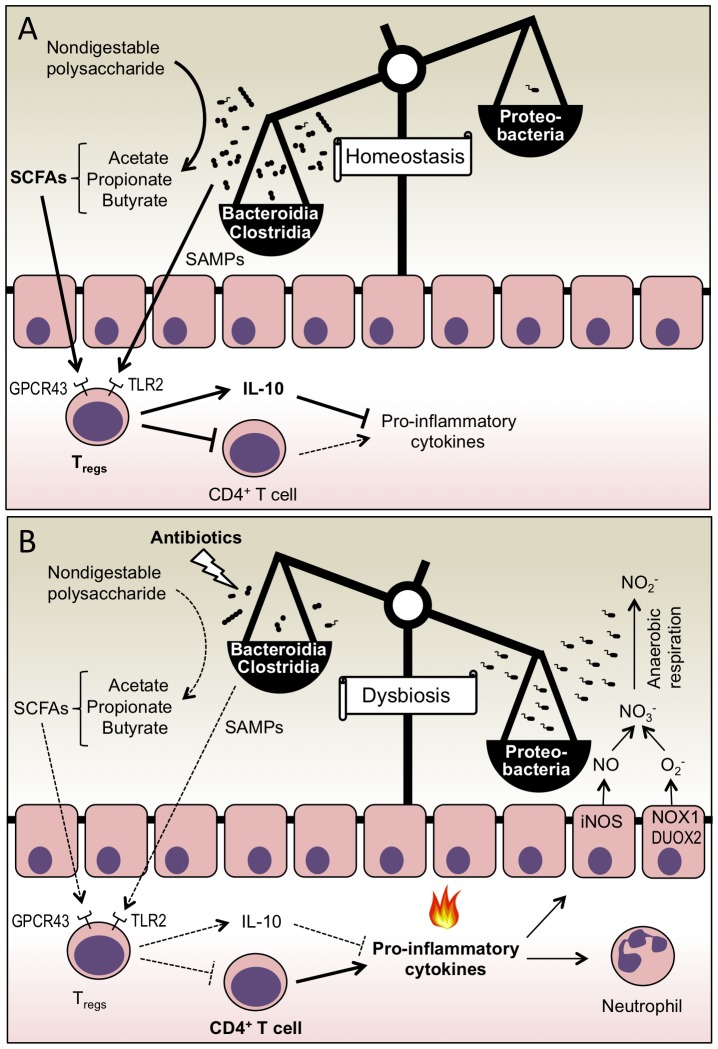Figure 1. Colonization resistance against Proteobacteria is mediated by host-directed nutritional exclusion.
(A) Microbe-host interactions maintain intestinal immune homeostasis. SCFAs and SAMPs produced by obligate anaerobic Clostridia and Bacteroidia stimulate Tregs, which suppress inflammation by producing IL-10 and by limiting the expansion of CD4+ effector T cells. (B) Treatment with antibiotics disrupts microbial communities that produce SCFAs and SAMPs. The consequent increase in the inflammatory tone of the intestinal mucosa results in the activation of enzymes, such as iNOS, NADPH oxidase 1 (NOX1), and dual-function NADPH oxidase 2 (DUOX2), which generate reactive nitrogen species (NO) and reactive oxygen species (O2 −). Respiratory electron acceptors (NO3 −) generated as a by-product of the host response support growth of Proteobacteria by anaerobic respiration. The consequent bloom of Proteobacteria leads to an imbalance in the microbial community structure (dysbiosis).

